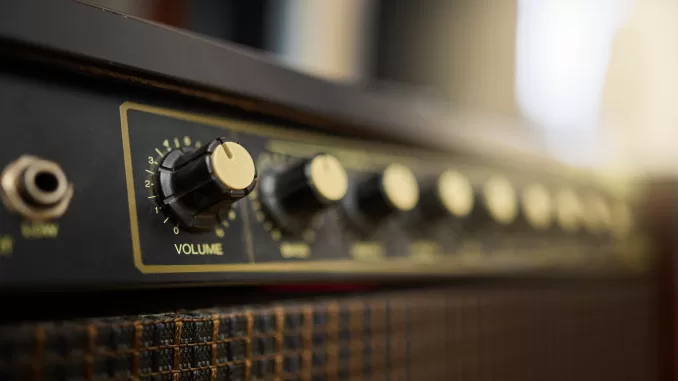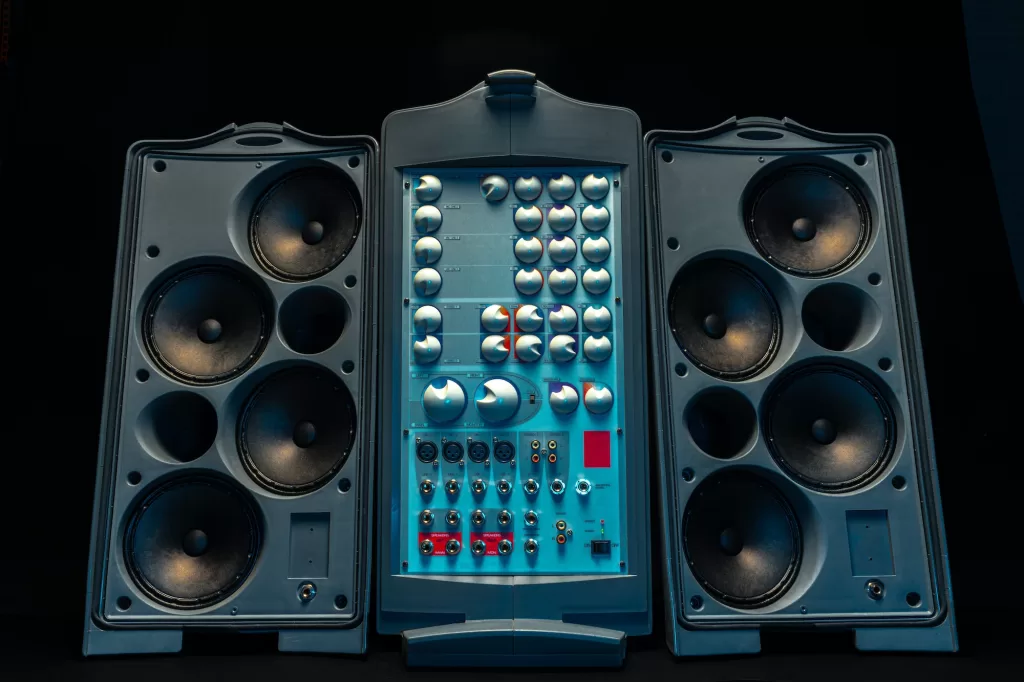
Audio amplifiers are essential to any sound system, but understanding how they work and choosing the right one can be overwhelming. Whether you’re just starting or looking to upgrade your setup, this guide will help you navigate the world of audio amplifiers and enhance your listening experience.
In this article, we will discuss:
What is an audio amplifier?
An audio amplifier is an electronic device that increases the amplitude of an audio signal, making it louder and more powerful. It takes a low-level audio signal from a source such as a CD player or turntable and boosts it to a level that can drive speakers or headphones. Amplifiers come in many different types and configurations, each with its strengths and weaknesses. Understanding the basics of audio amplification is essential for anyone looking to build a high-quality sound system.
Types of audio amplifiers.
There are several types of audio amplifiers, each with their unique characteristics and applications. The most common types include tube, solid-state, and hybrid amplifiers. Tube amplifiers are known for their warm, rich sound and are often used in high-end audio systems. Solid-state amplifiers, on the other hand, are more efficient and reliable, making them a popular choice for professional audio applications. Hybrid amplifiers combine the best of both worlds, using a tube preamp and a solid-state power amp to deliver a balanced sound. Other types of amplifiers include class A, class AB, and class D amplifiers, each with its advantages and disadvantages.
Understanding amplifier specifications.
When shopping for an audio amplifier, it’s important to understand the listed specifications. One of the most important specifications is power output, which is measured in watts. This tells you how much power the amplifier can deliver to your speakers. Another important specification is the amplifier’s frequency response, which tells you how well it can reproduce different frequencies. A wider frequency response generally means better sound quality. Other specifications to consider include distortion, signal-to-noise ratio, and impedance. By understanding these specifications, you can make an informed decision when choosing an amplifier that meets your needs.
Matching amplifiers to speakers.

When choosing an amplifier, matching it to your speakers is important. The impedance of your speakers should match the output impedance of your amplifier. If the impedance is too low, the amplifier may overheat and be damaged. If the impedance is too high, the amplifier may not be able to deliver enough power to the speakers. It’s also important to consider the sensitivity of your speakers, which is measured in decibels. A higher sensitivity means the speakers will produce more sound for a given amount of power. This can be important if you have a large room or if you like to listen to music at high volumes.
- Here you can read more about How to Choose the Perfect Speakers for Your House
Tips for choosing the suitable amplifier for your needs.
Choosing the right amplifier can make a big difference in your listening experience. When selecting an amplifier, consider your speakers’ power output, impedance, and sensitivity. You may need a more powerful amplifier if you have large speakers or a large room. If you have sensitive speakers, you may need less power. It’s also important to consider the type of music you listen to and the features you need, such as built-in EQ or Bluetooth connectivity. Do your research and read reviews to find the best amplifier for your needs.
